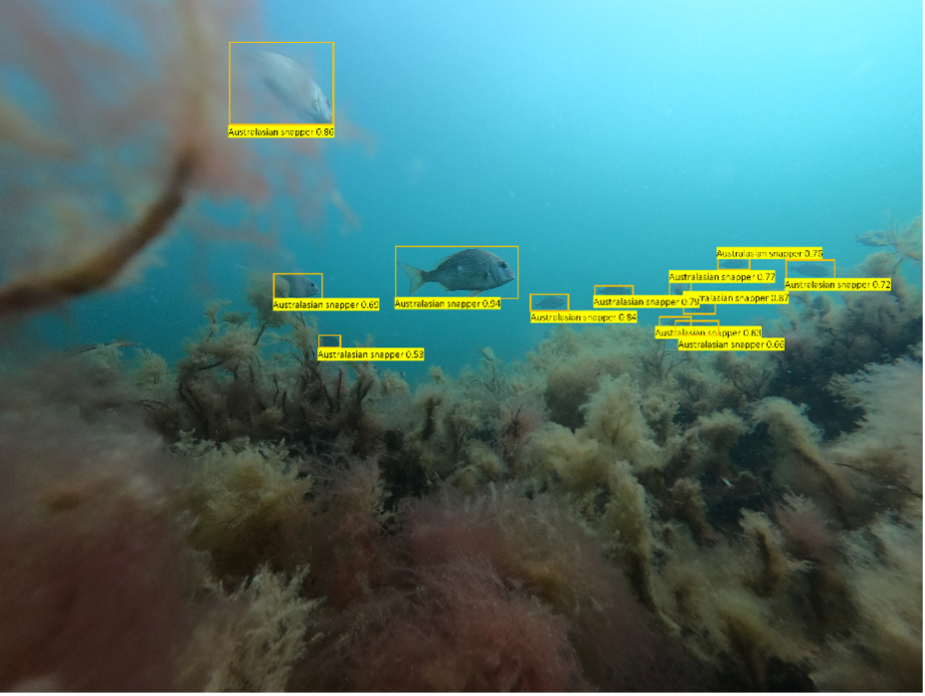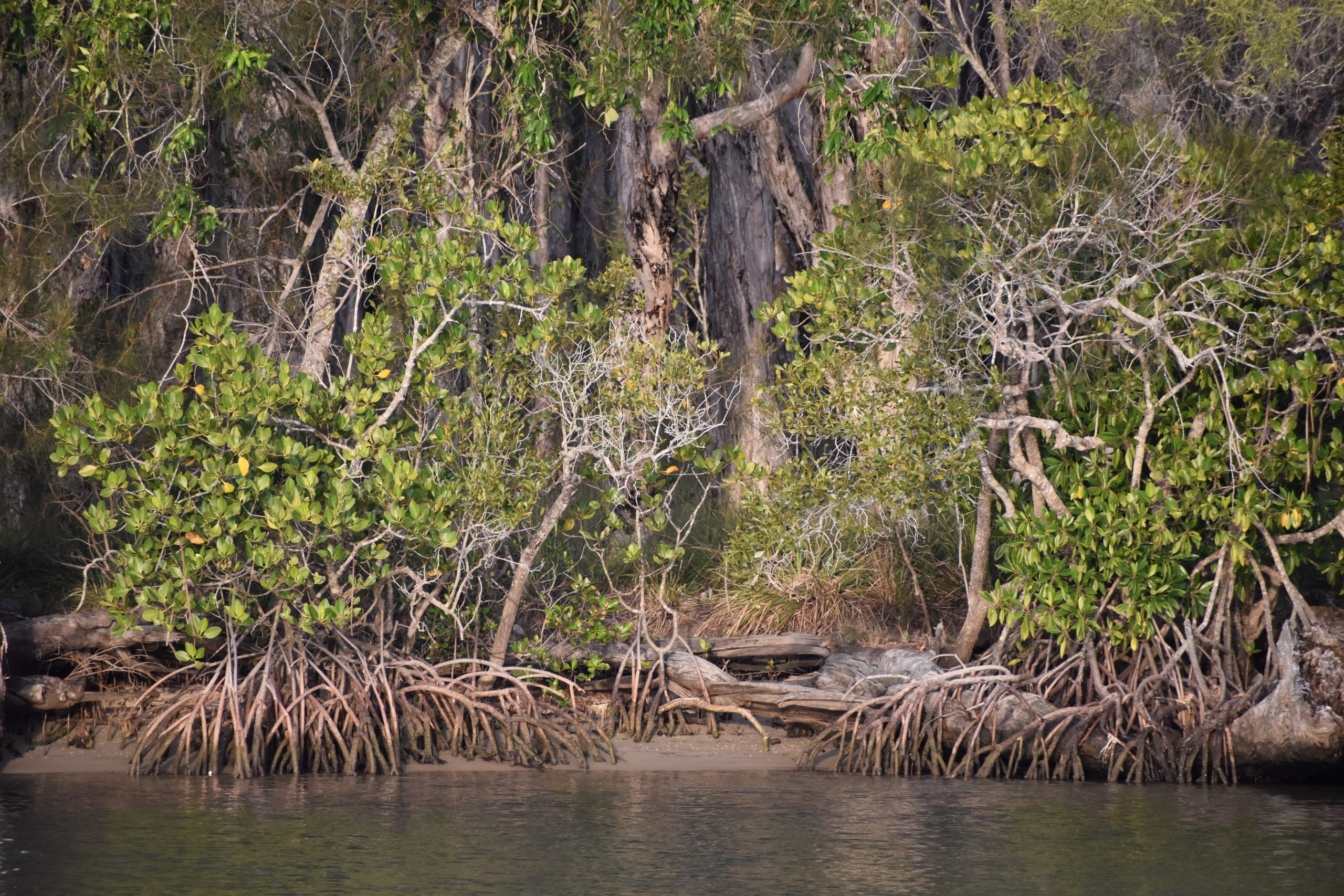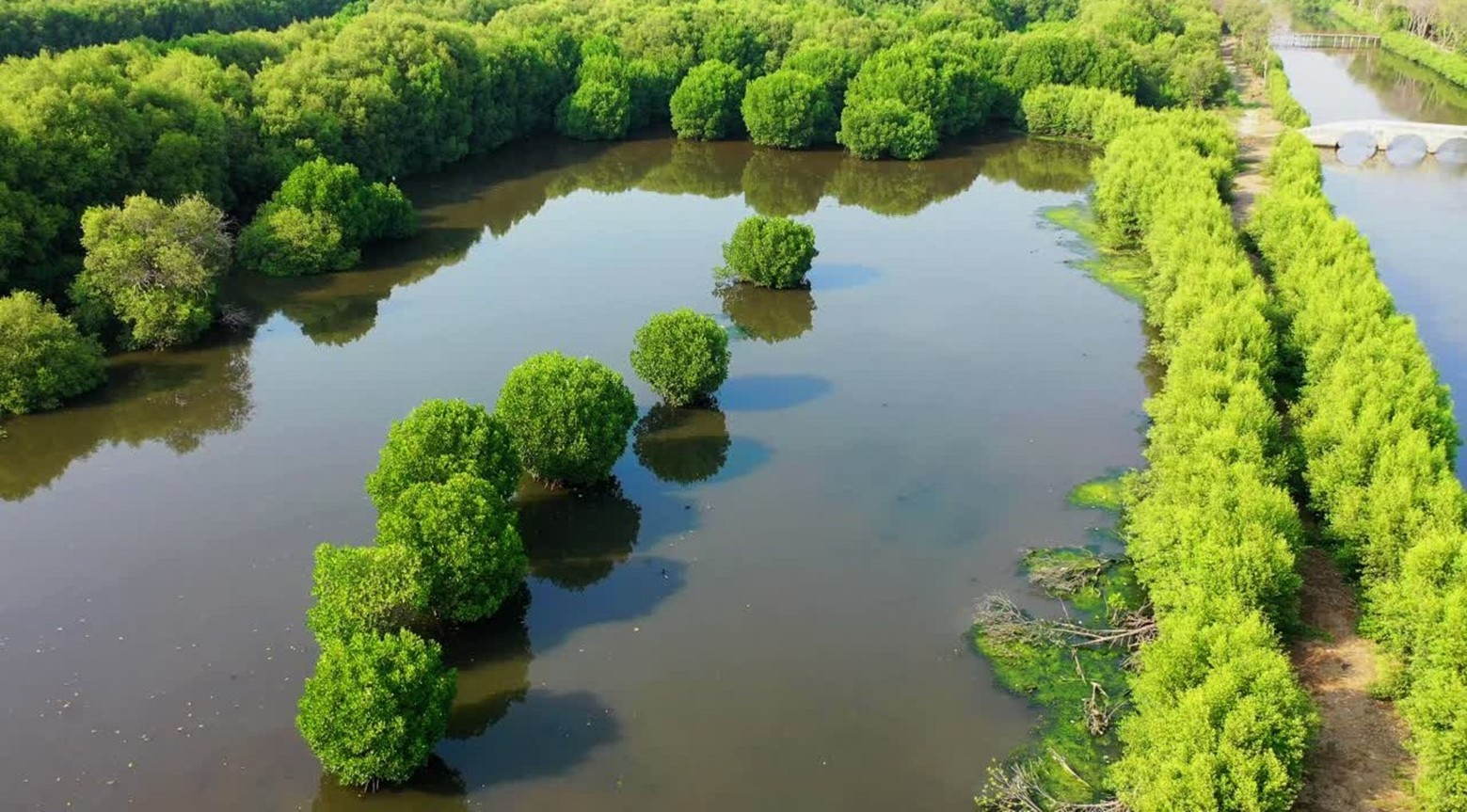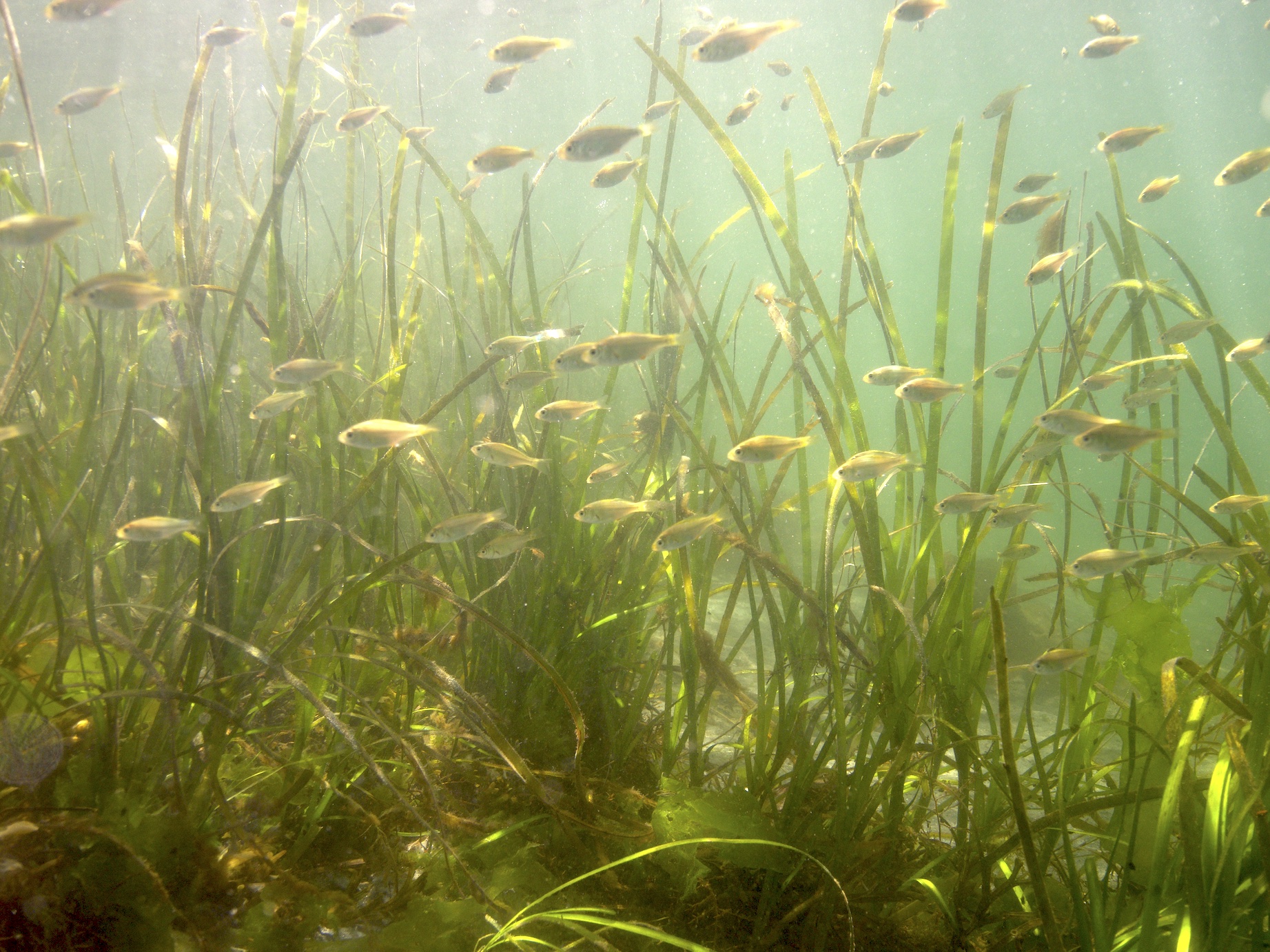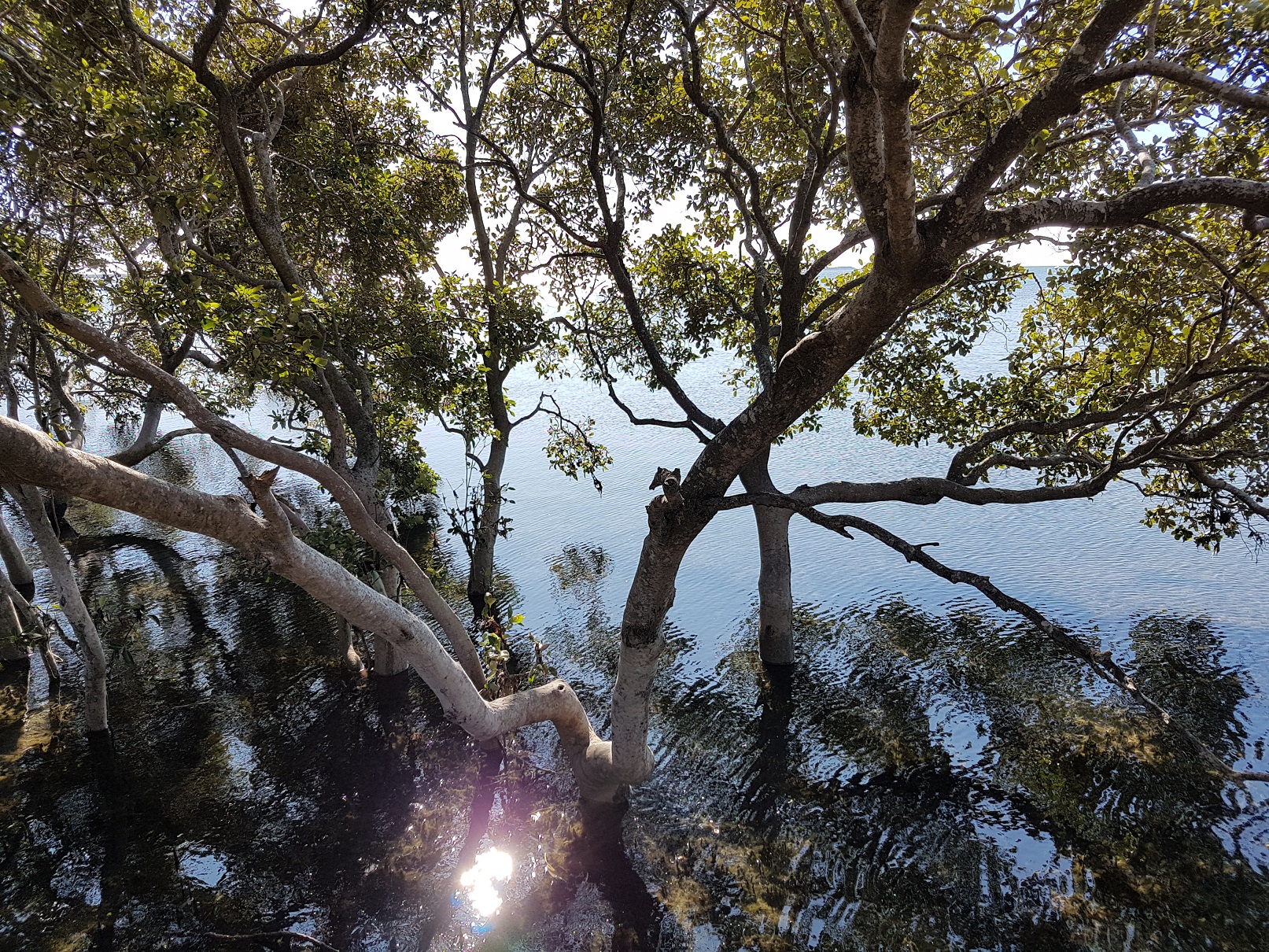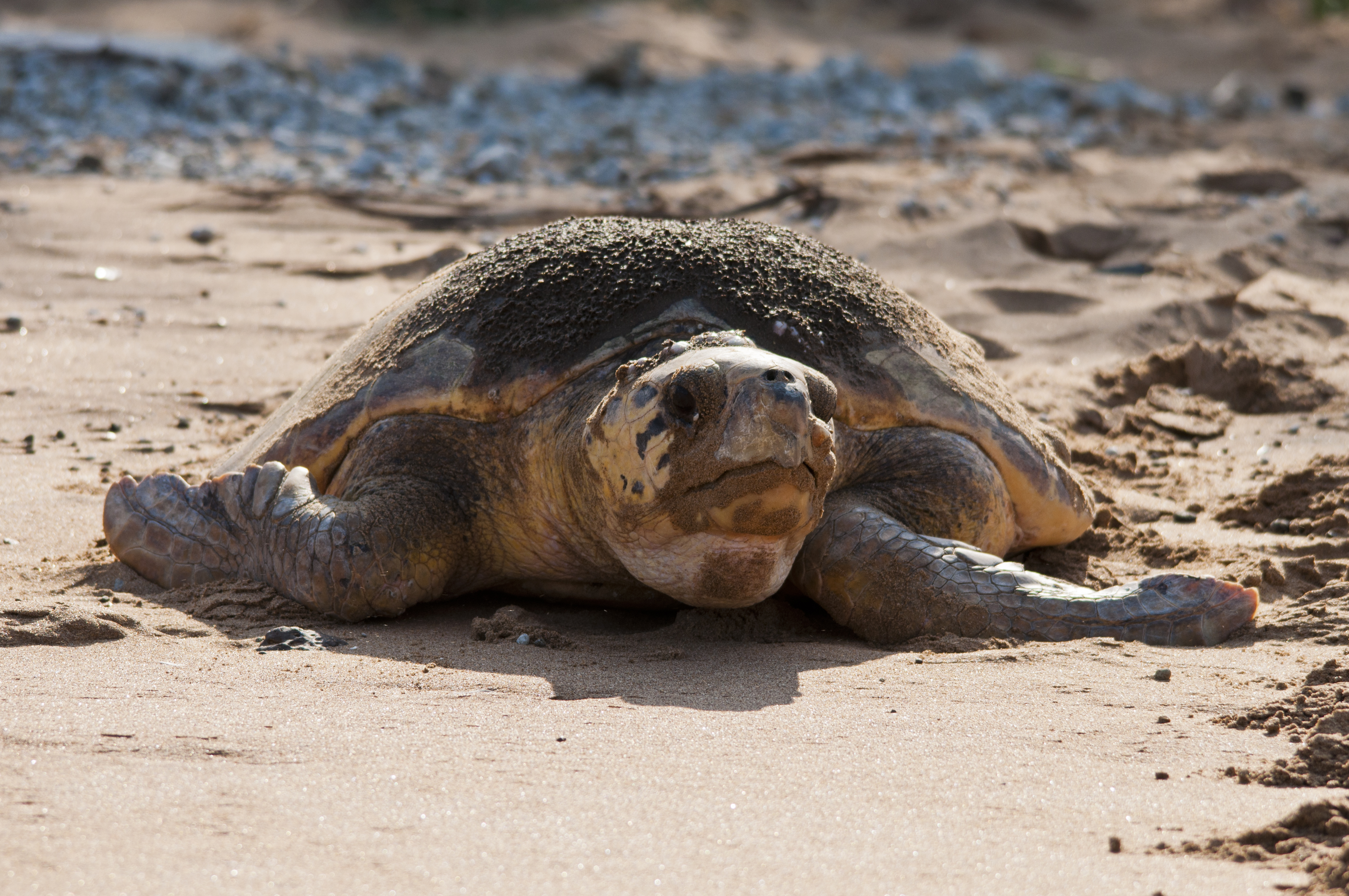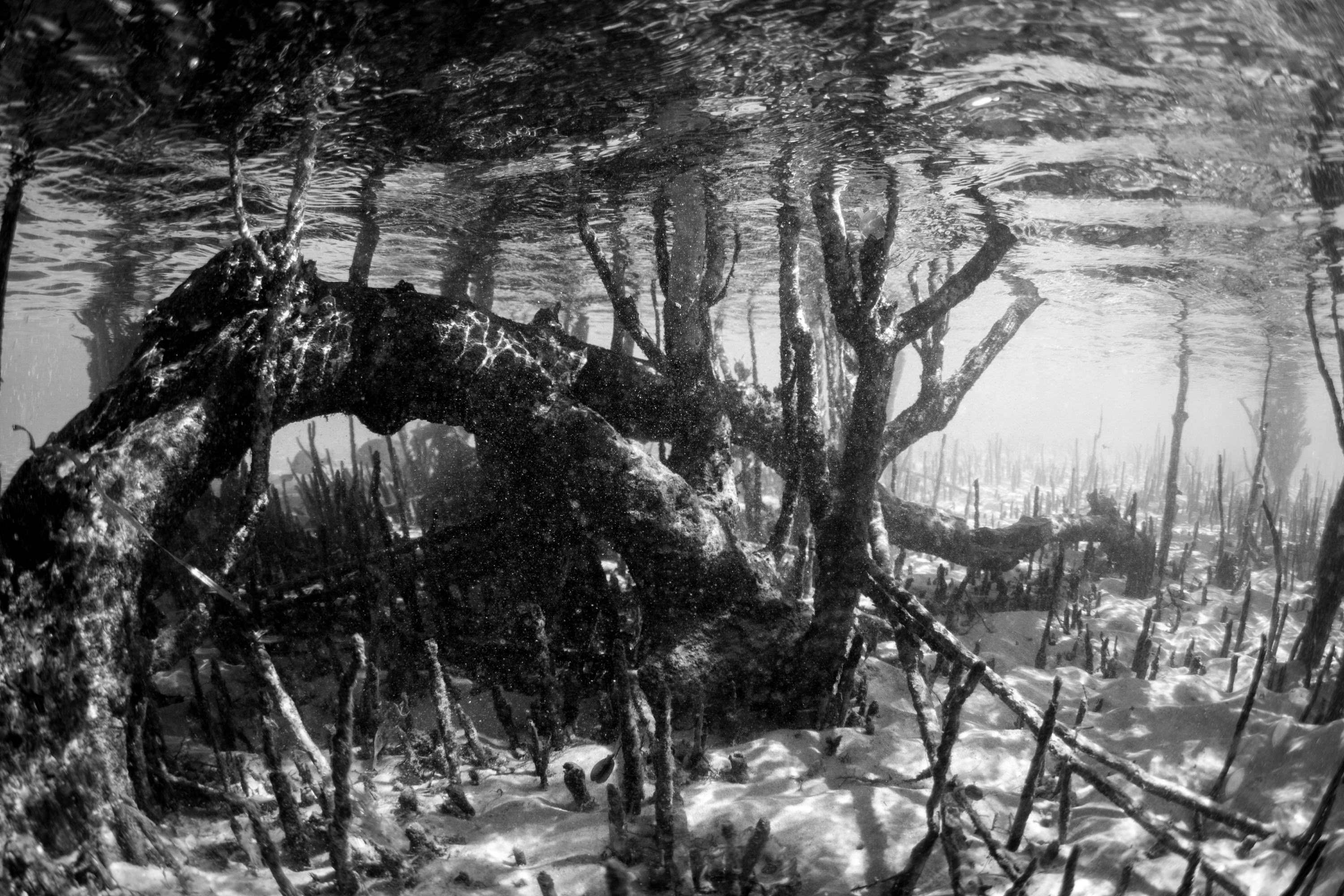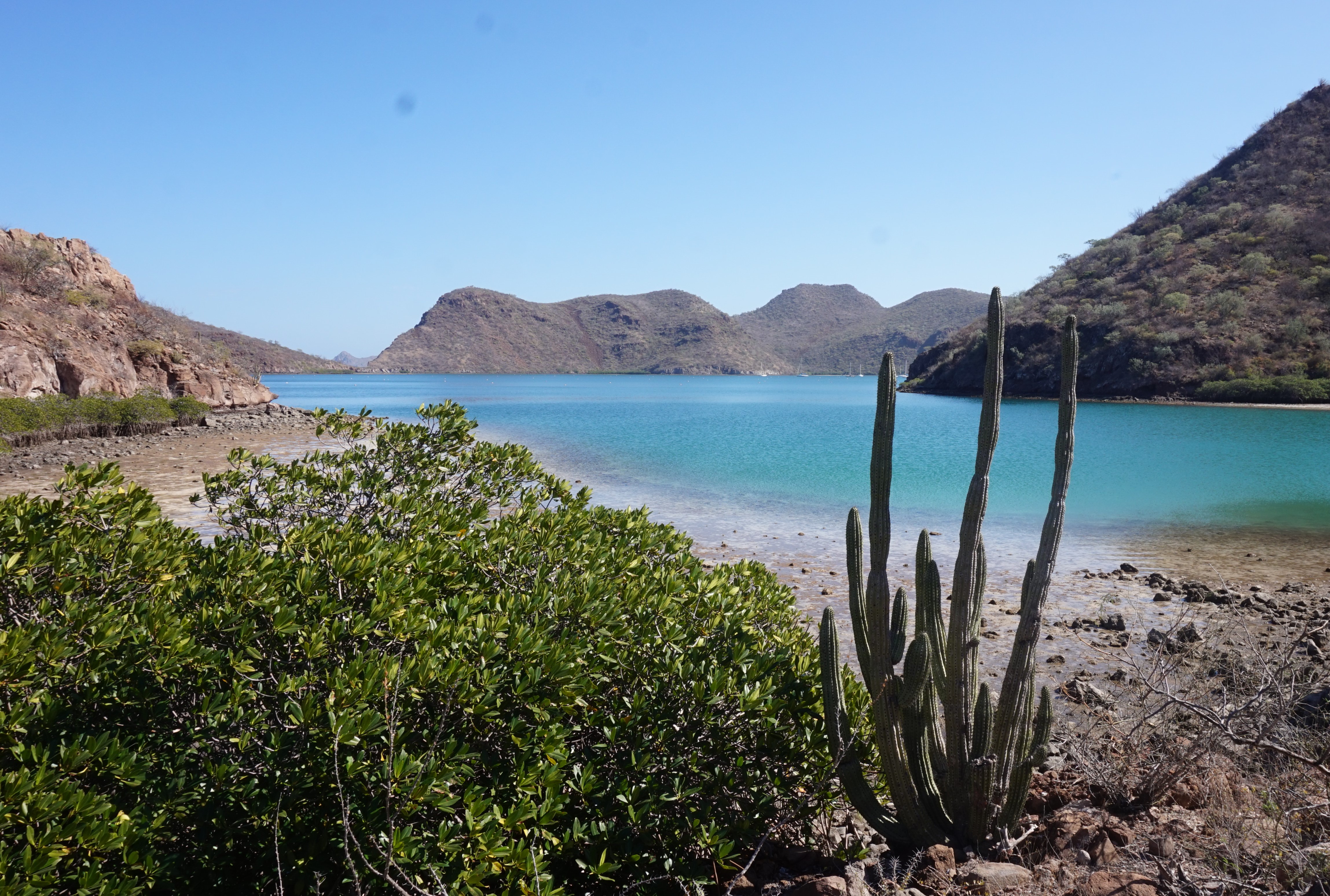Fish AI Consortium Presentation: Rapid improvements in fisheries monitoring with underwater computer vision
- Posted by Jasmine Hall
- On April 5, 2024
Written by Jasmine Hall and edited by Alex White In March 2024, Professor Rod Connolly presented at the inaugural Fish AI Consortium seminar series, showing how automation using underwater computer vision is transforming fisheries science and empowering conservation practitioners in the coastal and marine space. He shared results from three case studies comparing restored and […]
Read More


